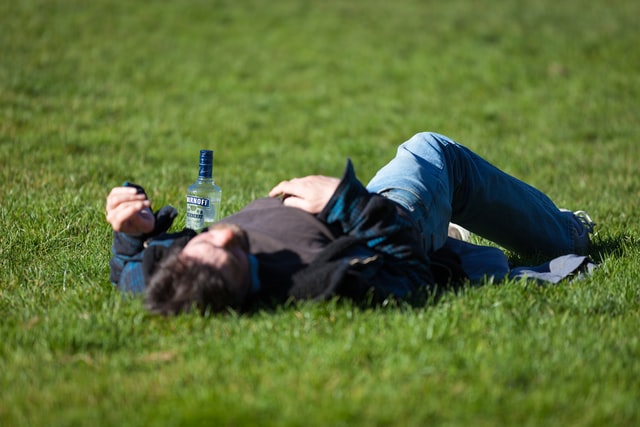We’re no doubt in perhaps one of the most challenging years most of us have ever faced. 2020 brought a pandemic and subsequent economic recession. The results have been pervasive and staggering. Many of us are feeling the weight of anxiety regarding our health and the health of our loved ones, isolation, and potential financial problems. Unfortunately, that can also contribute to unhealthy coping mechanisms, including excessive alcohol use.
While you may not meet the criteria of an alcoholic, you could be a problem drinker. Problem drinking puts you at risk for being in an accident, getting a DUI, having problems in relationships and in your career, and also of health problems. As we see 2020 come to an end, it might be a valuable time to evaluate your relationship with alcohol and see if changes are needed.
Alcohol Use Disorder
Alcohol use disorder is also known as alcoholism.
It is a diagnosable medical condition. With AUD, drinking interferes with your daily life and functionality. Signs of AUD can include drinking more than you intend to or being unable to stop drinking once you start. While problem drinking isn’t the same as an AUD, when you drink excessively or display signs of problem drinking, it puts you at greater risk of eventually developing alcoholism. Alcoholism is characterized as a chronic, treatable disease, but treating it is challenging. Alcoholism is also progressive, so the longer you go without treatment, typically the worse it gets.
Signs of Problem Drinking
There are specific measures of how much alcohol is considered too much.
First, most of us have an incorrect understanding of what’s considered a standard drink. One drink is a 12-ounce bottle of beer or a 5-ounce glass of wine. There’s a tendency to think a serving is much more than what it really is.
Then, beyond that, you are medically considered to be drinking excessively as a man if you have more than 14 drinks per week or more than four drinks per occasion.
A problem drinker is not an official diagnosis, but instead a term for someone who may be abusing alcohol but who probably doesn’t need medical treatment to stop.
Questions to ask yourself that could indicate whether you might need to cut back on your drinking include:
- Do you have a history in your family of problems with alcohol?
- Do you ever put yourself in risky situations because of drinking?
- Do you drink more than you plan to? For example, maybe you sometimes find that Happy Hour goes well beyond an hour.
- Do you spend time thinking about drinking?
- Do you ever miss school or work because of alcohol, including because of a hangover?
- Does drinking affect your mood or sleep quality?
- Have you been in an embarrassing situation because of drinking?
If you aren’t sure, but you’re worried about it, consider keeping a drinking diary. In that, you can note the times you drink and how much, how you’re feeling or the “whys” behind your drinking, and anything else that’s relevant. It can help open your eyes to potentially problematic patterns.
How to Cut Back
If you truly are a problem drinker, but you don’t have an alcohol use disorder, you may be able to cut back on your own with lifestyle changes and commitment rather than medical interventions. To motivate yourself, start thinking about what the benefits would be. For example, would you be more successful in your career if you were to cut back on your drinking? Maybe it would improve your relationships, or perhaps it would help you lose weight and feel physically better.
When you outline your why’s for cutting back on alcohol, write them down. Then, from there, start to set goals. Make your goals small to begin. For example, maybe you set parameters for yourself so you can only drink on certain days. Write that down as well. When you write things down, it helps you stay accountable.
Don’t maintain an alcohol stash. Only buy a little bit at a time, based on what you hope to accomplish as far as cutting back. When you drink, be mindful of what you’re doing. Drink slowly and facilitate this by having a glass of water between each drink. Finally, you might also start to think about situations that trigger you to drink more, such as when you’re out with certain people. Either work on setting boundaries and saying no, or avoid these situations, at least when you’re trying out your new habits.


Comments are closed.